- Bring on the Lucie by Hallelujah the Hills - October 9, 2015
- Experiment: Two Words - July 27, 2013
- POV - July 19, 2013
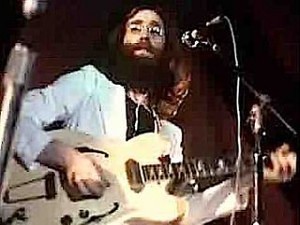
John Lennon onstage in Toronto 1969.
“When is a shaky, under-rehearsed performance even better than a polished, high-octane explosion by an artist who is beyond iconic? When it’s September 13, 1969, and John Lennon finds himself in the unenviable position of having to follow Little Richard at the Toronto Peace Festival.
“Big-time rock & roll fan John Lennon had been invited simply to host the show, but then at almost literally the last minute he decided to play it, and rounded up a few heavy friends — Eric Clapton, Klaus Voorman, future Yes drummer Alan White and Yoko Ono — to play as the Plastic Ono Band. Only thing was, that upset the billing – now Little Richard would have to play before Lennon. His gloriously massive ego wounded, Richard had to scorch the earth before the bounteously bearded Beatle, who had copped so much from Little Richard (among others) and gained copious honors, power, riches, fame, and the love of women in the process.” —Read all of “The Lennons V. Little Richard in Toronto, ’69” by Michael Azerrad
(From Thomas B.)

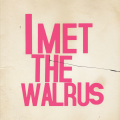
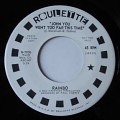
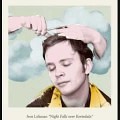
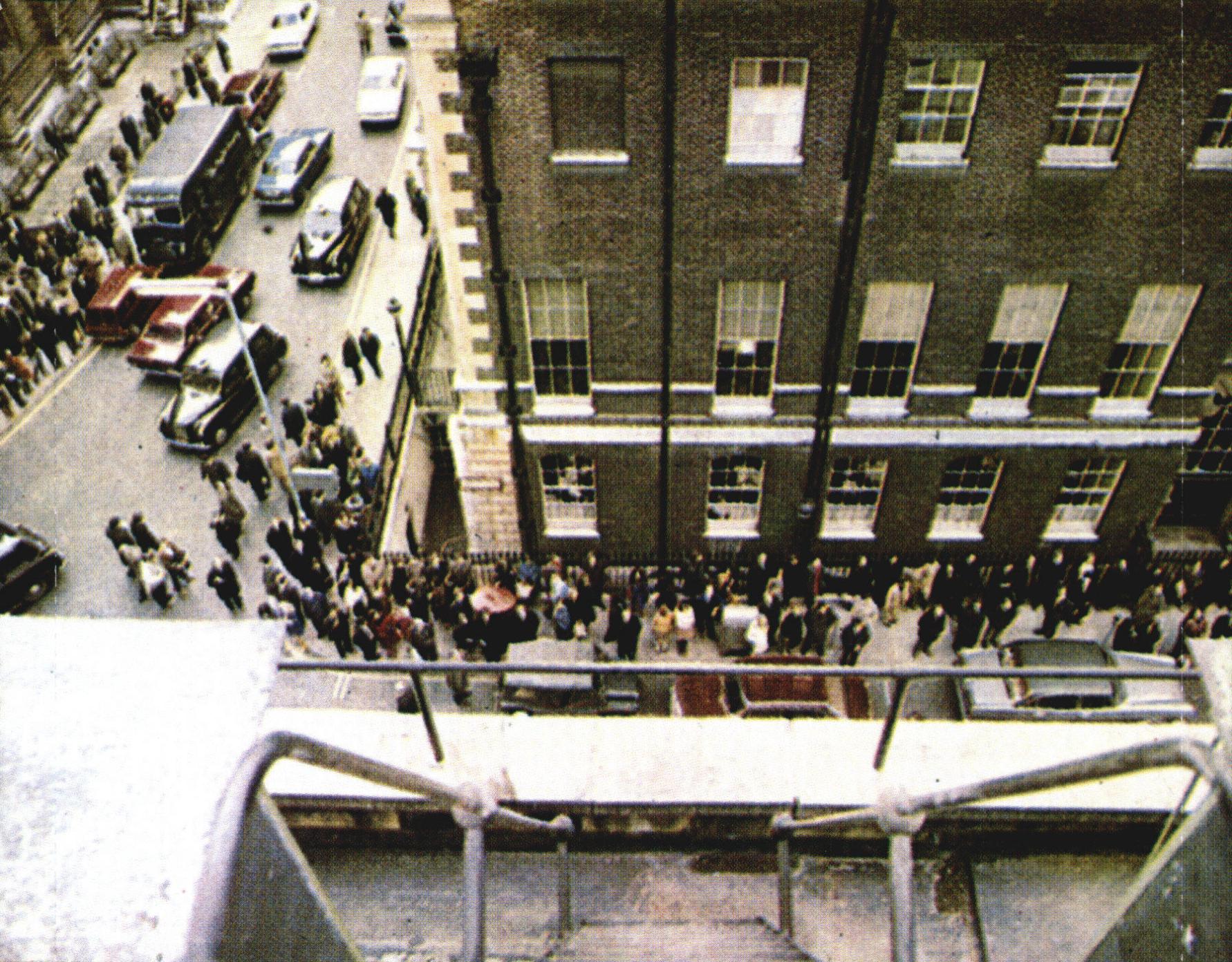
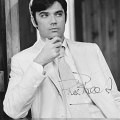
Nice post indeed! Thanks for linking, Ed.
Forgive me, for I am in heavy “Satirical Novelist” mode, but to me (b. 1969) this really sums up the Baby Boomers:
“…probably high, rolling around and groping each other on the stadium field, they’d come to protest the war in Vietnam…”
Uh, no. They’d obviously come to get high, roll around, and grope each other. Vietnam was just an excuse. A rent party that doesn’t pay the rent is just a party. And partying’s great, but the rent is still due. The moment the Boomers allowed themselves to confuse getting laid with genuine political action, the Blue Meanies had won. (Not that there was ever much doubt.)
This confusion has been one of the most corrosive legacies of the Boomer generation, the deeply narcissistic and self-serving insistence that “the personal is the political.” Here’s how we know the personal isn’t the political, at least in the US: thirty years of solidly reactionary politics, representing a solidly liberal population. That simply could not have happened without the abdication implicit in “the personal is the political.”
When Lennon held himself to 1956 standards–either as an entertainer, or as a communicator–he was a genius. But as soon as he stepped away from that, he became primarily an icon, a media creation. Musicians are people you want to listen to; when Lennon or Clapton sing a song, they’re musicians. When you’re an icon, even your feedback is fascinating–but it’s no longer about Lennon or Clapton, it’s about the listeners. Listeners who impute good things, or bad.
One can understand its appeal–who could possibly out-do the Beatles as musicians?–but I think it’s this retreat into iconhood that made his post-Beatles output spotty, and probably cost him his life.
And without turning this into a rec.music.beatles-style neverending flamewar on the merits and demerits of John’s wife, I’m supremely dubious of anybody eliciting anything from “Don’t Worry Kyoko” other than a strong desire to turn down the volume. If I recorded three minutes of subtly oscillating white noise on January 20, 2009, it could make you think of the Bush years, the Obama years to come, that day, wintertime, January, the number 20, and on and on. If you knew I’d had a fight with my brother that day, you could read that into it, too. But all that’s coming from you, not me; and assigning me perception for an internal monologue created solely by you, seems generous to the point of naivete.
There’s an element of the “con” in Yoko’s stuff, which is why (in part) Lennon liked it. Yoko is a fascinating person who’s led a fascinating life. She is very skilled at certain things, but I wouldn’t necessary put them in the realm of art. I think “art” was just the first arena she discovered where these skills could be used. She’s neither the Dragon Lady nor the saintly Widow Lennon; it will be really interesting to see what her legacy turns out to be.
That can’t be judged now. One thing we can say now that in her hands, John Lennon has become even less a person, musician or thinker, and even more an icon, able to reflect whatever you want him to. It’s a shame, because John Lennon the guy has some things to tell us; Lennon the icon only has things to sell us.
When Paul McCartney got over the initial shock of John dying he said well John you did it again, you’re going to die a legend and I’m gonna just die an old man.
40+ years of toxic Lennon vs. McCartney rhetoric condensed into one sentence. A great example of the kind of comment that periodically makes me want to walk away from HD.
Not every one of those 40+ years has been toxic, though. Some of it used to be quite funny, like this segment of a quiz found in Spin Magazine:
Paul is…
A. Dead
B. The Walrus
C. Touring too much
The Beatles numbered…
A. Eight, if you count George Martin and Brian Epstein
B. Twelve, if you count Pete Best
C. Two, if you count John twice
Also to be fair that was a comment attributed to Paul in Phillip Norman’s biography who said it was during a moment of dark humour from Paul. From memory Norman described it as Paul joking that John had ‘one upped him’ in death. But again I think it was more a moment of dark humour from Paul and not something he seriously felt. It’s just another example of how complex Paul’s grief was given his relationship and history with John.
You have to admit though, there can’t be a more badass way for a rock star to go out. Sure beats dying in bathtubs or choking on your own vomit.
If you asked me which Beatle “copped so much from Little Richard” my immediate answer would be Paul.
I never found Spin to be funny, just sarcastic and boring. It has dated badly.